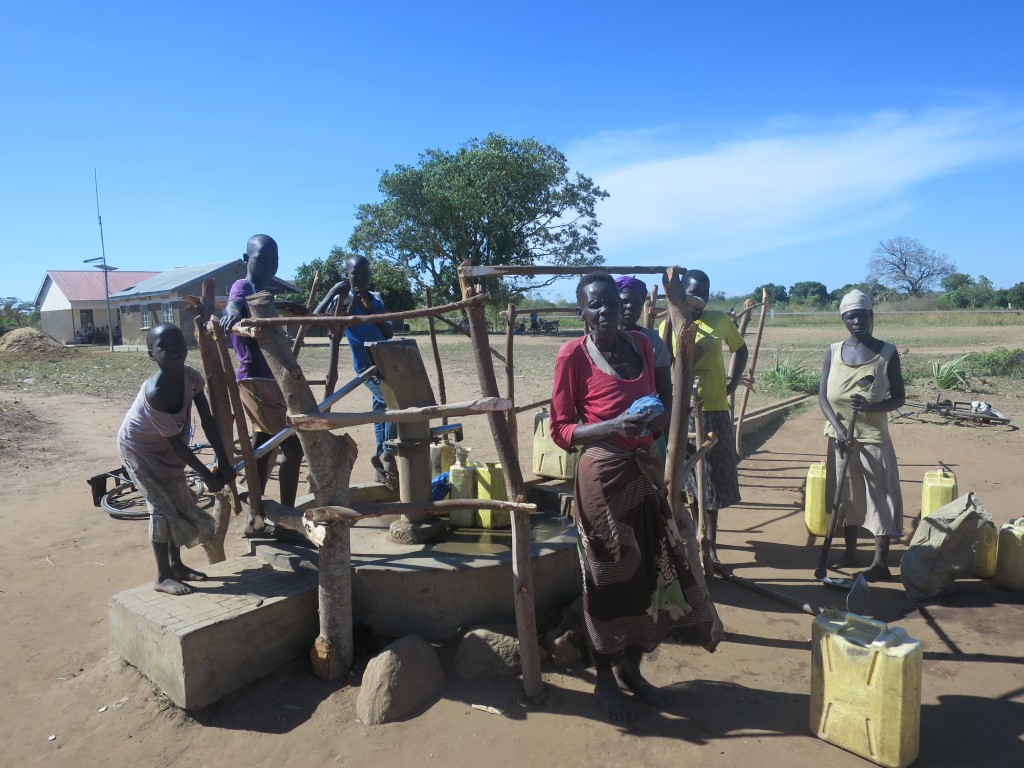Recent Posts
- Every Picture Tells a Story February 5, 2024
- Let’s Plant a Tree! January 19, 2024
 World Renew RSS Feed
World Renew RSS Feed- U.S.: Overcoming the Unthinkable February 11, 2026
- Quiz: Which Gift is Your Valentine’s Perfect Match? 🩷 February 11, 2026
- World Renew Statement on Haiti Temporary Protected Status February 3, 2026
- Kenya: Building the Future Through Running Clubs January 21, 2026
- Uganda: Fostering an Entrepreneurial Spirit January 12, 2026
- Gift Catalog: 4 Ways a Chicken Helps a Family December 16, 2025
- Malawi: A Happy Mother’s Transformation December 8, 2025
- Gift Catalog: Which Item Matches Your Personality? December 1, 2025
- 16 Days of Activism: Lilia’s Journey to Self-Confidence November 25, 2025
- Ride to Renew: Celebrating the Impact November 20, 2025




